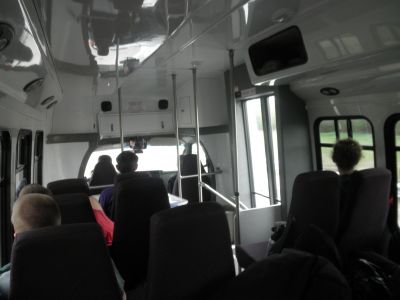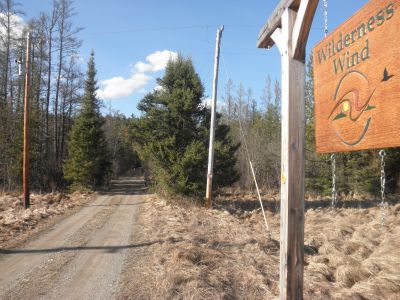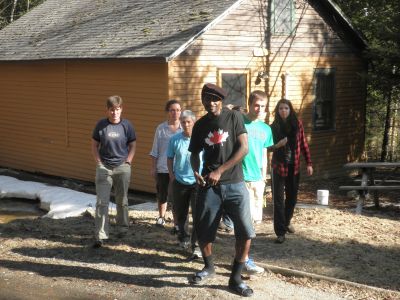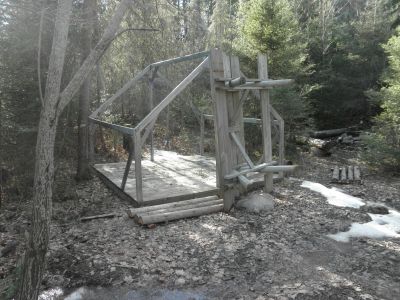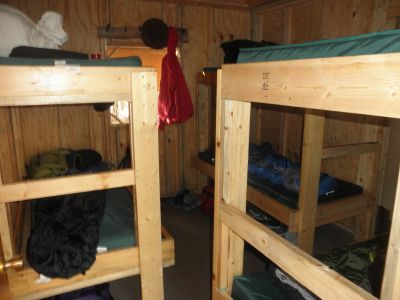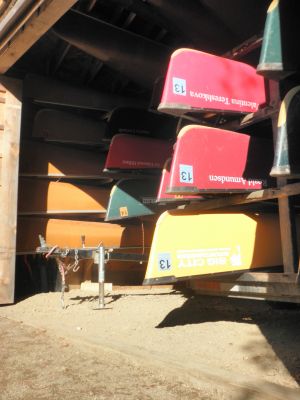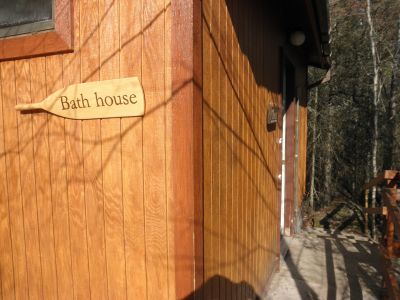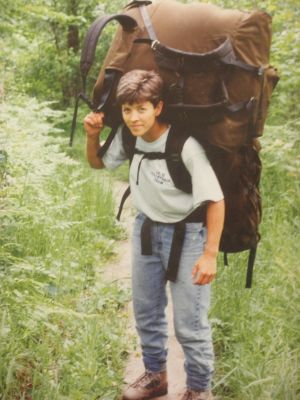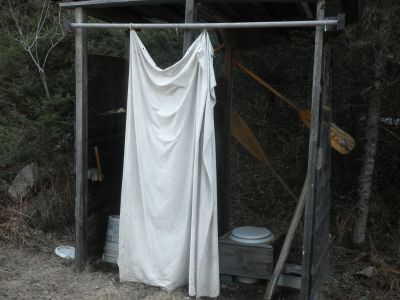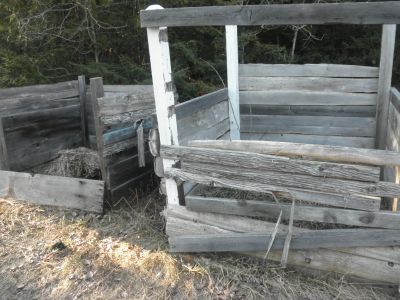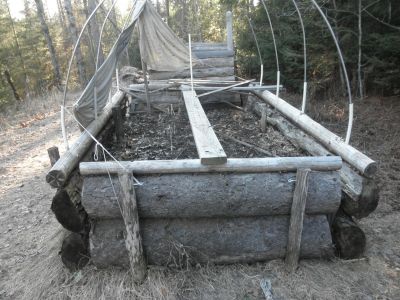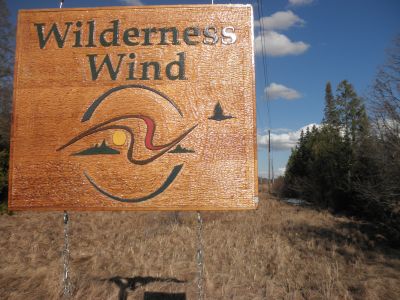The bus ride was long, but the students arrived in Ely, Minnesota without incident. After getting to the camp and taking a brief tour before dinner, we were ready to begin formal classes.
We first received the syllabus, which included rubrics for various tasks, assignments and projects for each of the students. Each of us is required to choose an animal to study for our “animal fact sheet” assignment, but also a special project related to our course of study.
I will be looking up information about the Loon, and for my interdisciplinary project I have committed to carry out two blogs for the course as per my major in Journalism.
Other students will be researching animals such as the river otter, the beaver, and the bald eagle. Special assignments include this blog, writing a collection of short stories, or researching the history of the Boundary Waters.
Apart from feeling refreshed after exiting the bus at Wilderness Wind, I was delighted to be greeted by my brother and his wife, Clinton and Aubrey Helmuth-Miller. The two of them have been helping prepare the camp for another season.
What intrigues me the most about Wilderness Wind is not its location or service as canoe guides; but rather their devotion to Ecological Stewardship. Only a handful of buildings get electricity, and visitors can find a chicken coop and gardens around the camp.
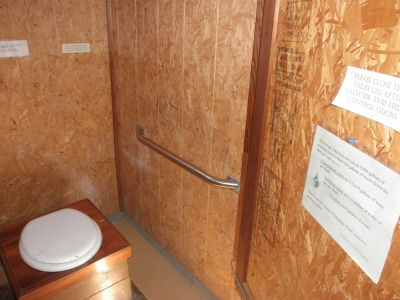
Their bath house in particular uses technology that is more reminiscent of the Old West: pit toilets. Instead of plumbing and a septic tank, the camp uses these pits, and periodically adds lime to stifle the stench.
Other outdoor “bucket toilets” are added to one of the camp’s two composting bins, which will be used later for gardening. The philosophy behind Wilderness Wind’s desire for ecological neutrality resonates with a major theme from the class: environmental ethics.
After covering course requirements for the next two weeks, students were also given a series of small handouts. We talked about the meaning behind environmental ethics, and began talking about the theory behind “leave-no-trace” camping.
In general, the concept of “leave-no-trace” and environmental ethics is to recognize that humanity is dependent on the natural cycles of nature, and that our purpose is to live, work, and exist as a part of nature–not to overcome, dominate, and subdue it.
With that, I will leave you with two excerpts from our readings: the first, a short meditation called “The Wild Places” (author unknown).
“We all live with expectations. We constantly set goals and plot life’s course. Sometimes we become so programmed that a moment cannot have value unless it fits into the plan. So here we have it, the dilemma of control. You cannot plan your way into wild places. So we ask, how then is it possible to enter into the wilderness? The only answer echoes from the words: Wild places are only wild because they remain unplanned by human minds. The terror within the human mind stems from the probability that unplanned wild places have the power to change us.”
The second excerpt is Frances Miller’s “Earth–Stained Soul.”
“I have come to believe that all metaphors for living are held in life itself–it is a matter of learning how to slow done and listen, how to see what we have become blind to, embrace what we have stopped valuing. Within this lies a doorway to healing the isolation, alienation and mean willinglessness we suffer epidemically in modern United States culture.”
Escaping into nature, to me, is best described as a deprogramming of human-made constructs. It is a chance to leave behind the cell phones, cars, laptops, mp3 players, and every piece of technology that we take for granted daily.
It allows us to abandon what modern society claims to be human, and to embrace the call of nature. As students become receptive to this call, we will also see the effects of our experience as we return back into modern society.
